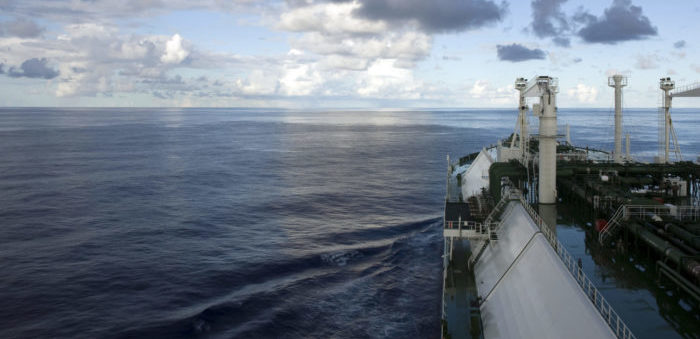The US-based supply chain management company Hudson Shipping Lines has stated its opposition to using scrubber systems in order to further comply with the IMO 2020 sulphur cap, and agreed to provide support to the Environmental Protection Alliance (EPA) and its campaign to ban the use of scrubber systems in the shipping industry.
Avi Eilon, Hudson’s president added that “the spirit of the IMO’s sulphur rules are clear, HSFO has a profoundly negative affect on our environment and should no longer be used by the shipping industry. The current regulations allow vessels with scrubber systems to dump heavy metals and other chemicals into our oceans. This is simply transferring the pollution that was emitted by funnels to toxic wastewater being discharged into the ocean.”
It has been previously stated that the company would not utilize vessels with open or closed loop exhaust scrubbers installed following the implementation of the IMO2020 and is disappointed in its peers who have chosen to use the scrubber loophole and will continue burning high sulphur fuel oil (HSFO). In fact, estimates indicate that about 15% of the world’s shipping fleet will be equipped with scrubbers, according to Hudson.
[smlsubform prepend=”GET THE SAFETY4SEA IN YOUR INBOX!” showname=false emailtxt=”” emailholder=”Enter your email address” showsubmit=true submittxt=”Submit” jsthanks=false thankyou=”Thank you for subscribing to our mailing list”]
In addition to its commitment to support the EPA, Hudson will withdraw its membership from the Trident Alliance due to the organization’s incompatible views with Hudson on the enforcement of the IMO rules. Hudson joined the Alliance, which is a network of shipping companies and other stakeholders with a shared interest in the effective, transparent enforcement of the global sulphur regulations, earlier this month.
Benjamin Malkin, the company representative added that “we had hoped to join an organization with a true commitment to taking action on environmental issues. Hudson takes its environmental responsibilities seriously and is eager to pursue substantive action surrounding enforcement of IMO2020 sulfur regulations and other environmental issues as part of Hudson’s ongoing Green Initiative.”
Earlier in the year, Hudson has announced that as part of its green initiatives, after the implementation of the IMO2020 sulphur cap on January 1, 2020, it will not deploy vessels with scrubbers installed for the purpose of meeting the new IMO standards. Namely, Company President Avi Eilon stated that they had thoroughly investigated the use and operation of scrubbers and have found that “they simply transfer the pollution produced by vessels from the air to the ocean,” as they enable vessels to continue to burn high-sulphur fuel oils, is in breach of the spirit and intention of the IMO’s new fuel regulations.
Moreover, Bloomberg has previously suggested that in the following years, almost 2,200 vessels are to install scrubbers, as they will be banned if they don’t, in light of the approaching IMO 2020 sulphur cap. Yet, although scrubber installations will benefit the shipping companies, the logistics may be a challenge. The two companies which account for almost a third of the 3,000 vessels expected to have the equipment installed by the end of the year are Wartsila and Alfa Laval AB.

































































